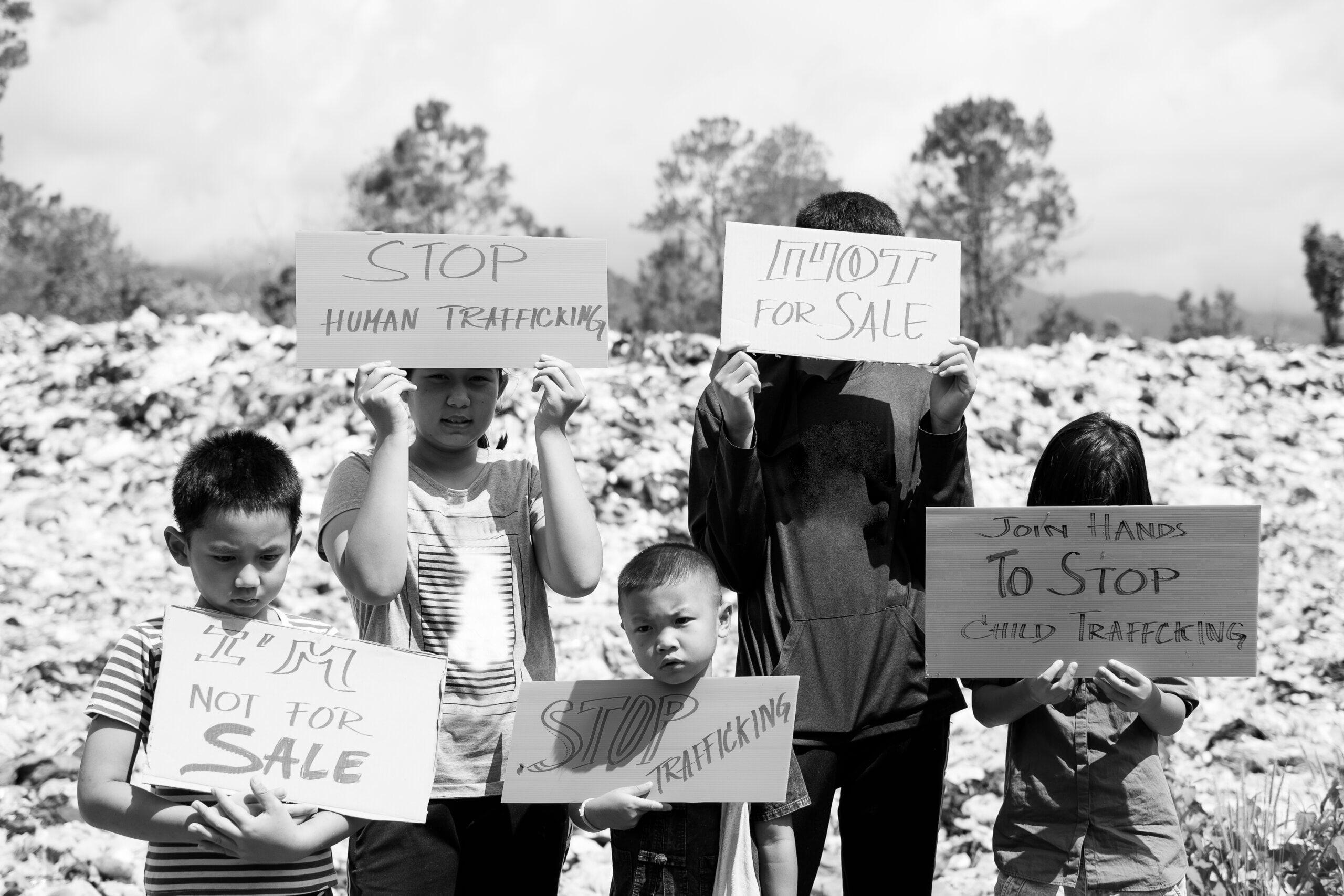Understanding Convergence: Finance and Human Trafficking
At Quantifind’s Convergence event last week, industry leaders gathered to discuss the intersection of finance and crime, where data-driven insights can help combat human trafficking, financial fraud, and other illicit activities. One statement stood out:
“We can’t operate without labor trafficking. We can’t operate without modern slavery, because the cost is too high.”
It’s a harsh reality. The products we rely on—clothes, food, electronics—often involve forced labor, and financial systems, knowingly or not, help sustain it.
Where Finance Fits In
Human trafficking generates $150 billion a year. That money moves through banks, payment systems, and supply chains. But most financial institutions aren’t trained to detect it. As one speaker noted:
“We are experts in data, but not in working with victims or law enforcement.”
That gap is a big problem. Banks monitor drug trafficking and terrorism, but labor trafficking rarely gets the same attention. This isn’t just a human rights issue, it’s financial crime.
A Smarter Way to Outpace the Crime
Financial institutions need better tools. AI can help spot suspicious transaction patterns, but technology alone isn’t enough. Institutions must collaborate with law enforcement, policymakers, and experts who understand how trafficking actually works.
As highlighted at Convergence:
“We have mandates. We’re looking for a lot of things. So how do we target that down and really do things that are effective — not just a report that goes out, but actions that make a difference?”
That’s why Quantifind partners with organizations like Polaris to deepen our understanding of risk typologies like labor trafficking. Their insights help us refine our AI models, enabling banks to detect trafficking networks with greater speed and accuracy. The more we learn, the better we can help financial institutions identify risks before they escalate.
What’s Next
If businesses knew they’d be held accountable for forced labor in their supply chains, would they still look the other way? If banks could detect trafficking in real time, how many lives could be saved?
The reality is, banks are already being held accountable. Financial institutions have paid billions in fines for failing to catch financial crimes, including labor trafficking-related violations. The pressure to act is growing.
That’s where you come in.
Want to be part of the solution? Register to become a member and attend our next Convergence event. These events bring together financial leaders, law enforcement, technology experts, and organizations like Polaris that provide critical intelligence on human trafficking typologies to tackle the hardest challenges in financial crime. Together, we can make a difference.
